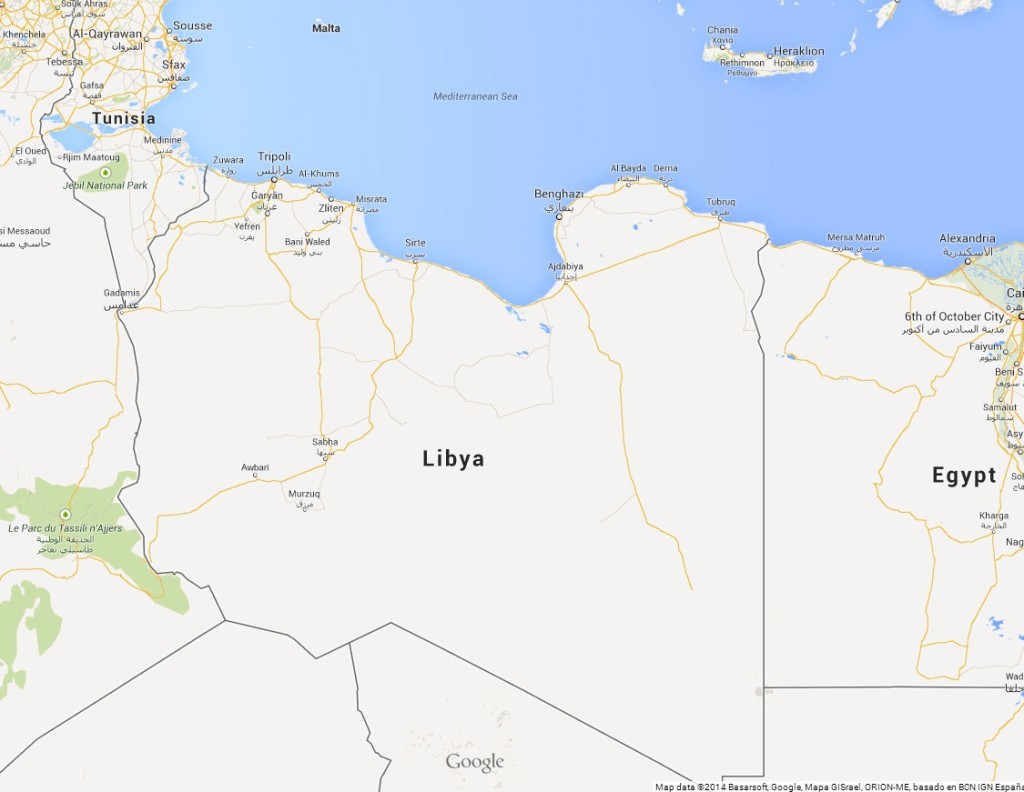
Libya loaded the first oil cargo from the port of Ras Lanuf since it was closed by rebels a year ago, just as the International Energy Agency said the North African nation is struggling to find buyers in an oversupplied market.
A tanker will soon leave port with 680,000 barrels of crude and head to Italy, Ibrahim Al-Awami, the Oil Ministry’s Director of Measurement, said by phone today from Tripoli. While state- run National Oil Corp. plans to double exports this month, crude traders are more concerned that the additional supply will depress prices than the risk of production being disrupted by further unrest, the IEA said.
“Even though you have fighting in Tripoli, Libya seems to be able to provide volumes higher than the previous month’s,” Alexander Poegl, an analyst at JBC Energy GmbH in Vienna, said by phone. “Libya is one piece among a lot of pieces in the puzzle at the moment,” which are exerting downward pressure on oil prices.
The increase in Libyan oil exports comes as prices of Brent crude signal that immediate supplies are more than enough to satisfy demand. The grade, used in pricing more than half the world’s oil, fell to a nine-month low of $103.25 a barrel today on the ICE Futures Europe exchange in London. Front-month Brent contracts have been cheaper than later deliveries since early July, the longest period since 2010 that such a discount, called contango, has been in place.
The contango structure is unlikely to reverse while European refinery operations remain subdued and storage tanks are replete with supplies from West Africa, according to London- based consultants Energy Aspects Ltd. The spread has reached the “tipping point” that makes storing crude at sea on tankers for later delivery profitable, JBC’s Poegl said.
“The Atlantic market is currently so well supplied that incremental Libyan barrels are reportedly having a hard time finding buyers,” the IEA, a Paris-based adviser on energy policy to 29 nations, said in its monthly report today.
“Many in the market seem more focused today on potential short-term downward price pressures from a further increase in Libyan production” than on “upward price pressures as might result from an escalation of fighting,” the IEA said.
Ras Lanuf is one of four ports in eastern Libya seized by rebels a year ago, all of which have since been returned to government control. Disputes between Libya’s government and an array of political, religious and tribal groups have at times decimated the country’s production. Output was 430,000 barrels a day in July, about a third of the level in early 2013, according to the IEA.
Recommended for you
